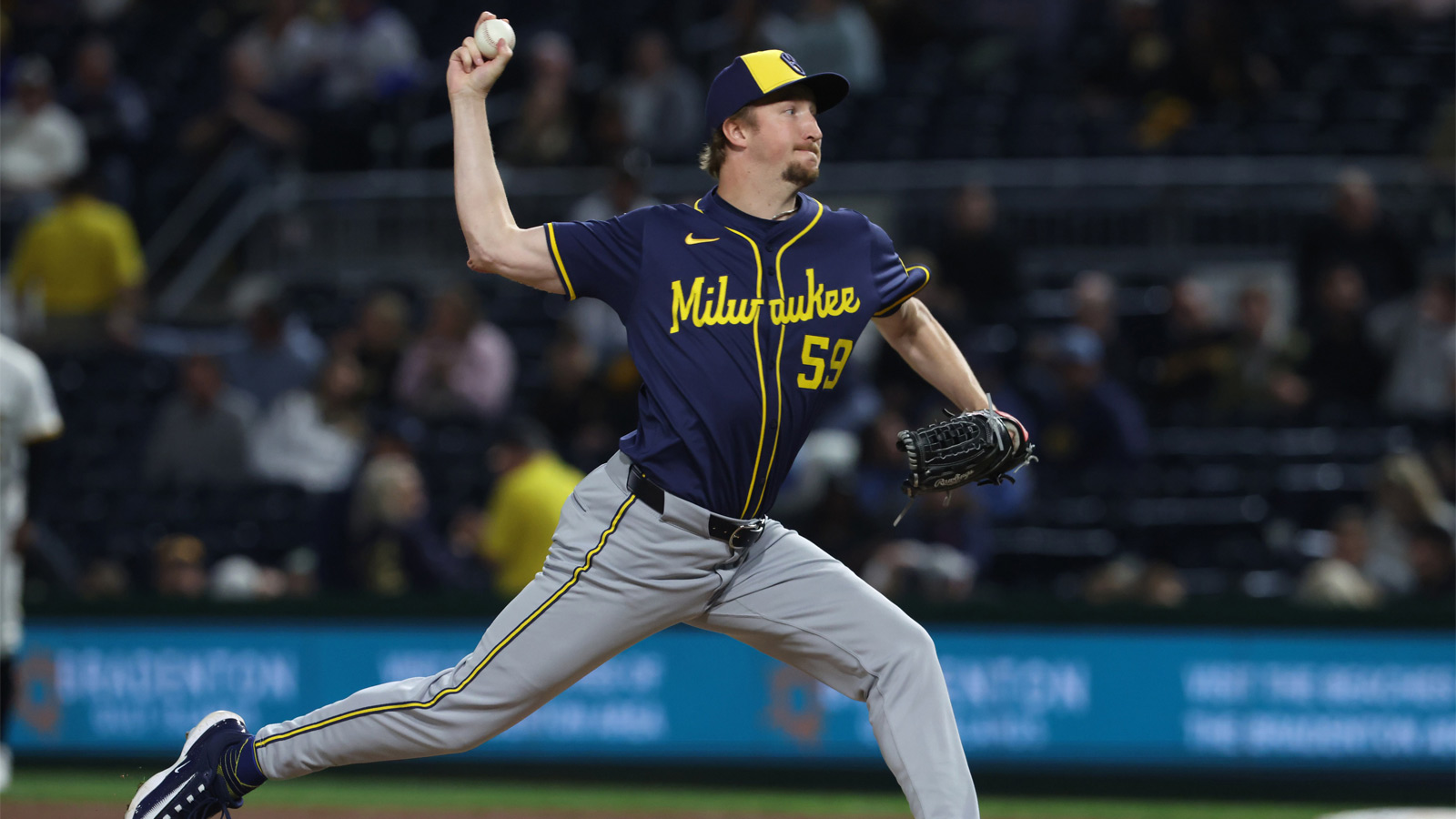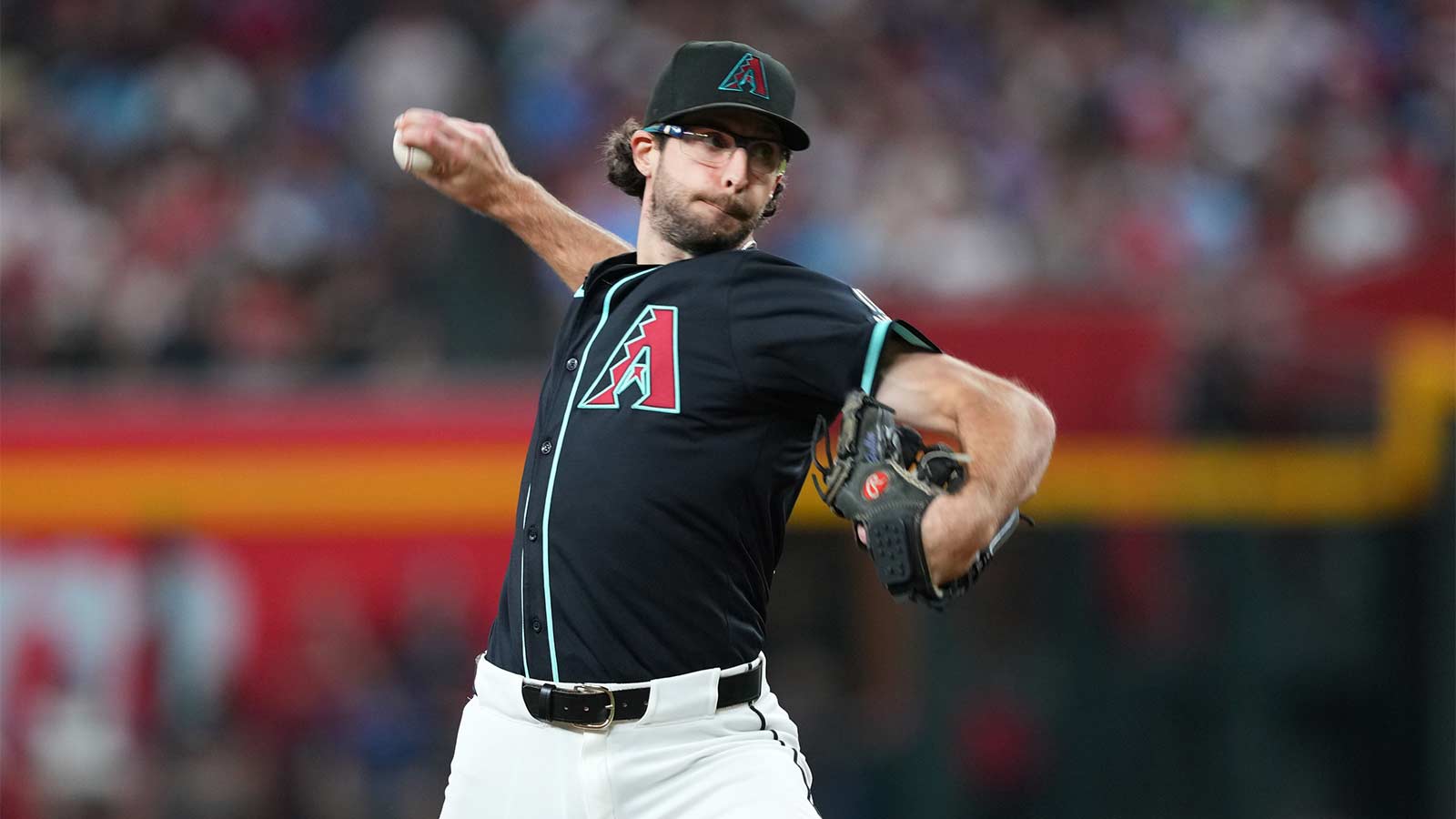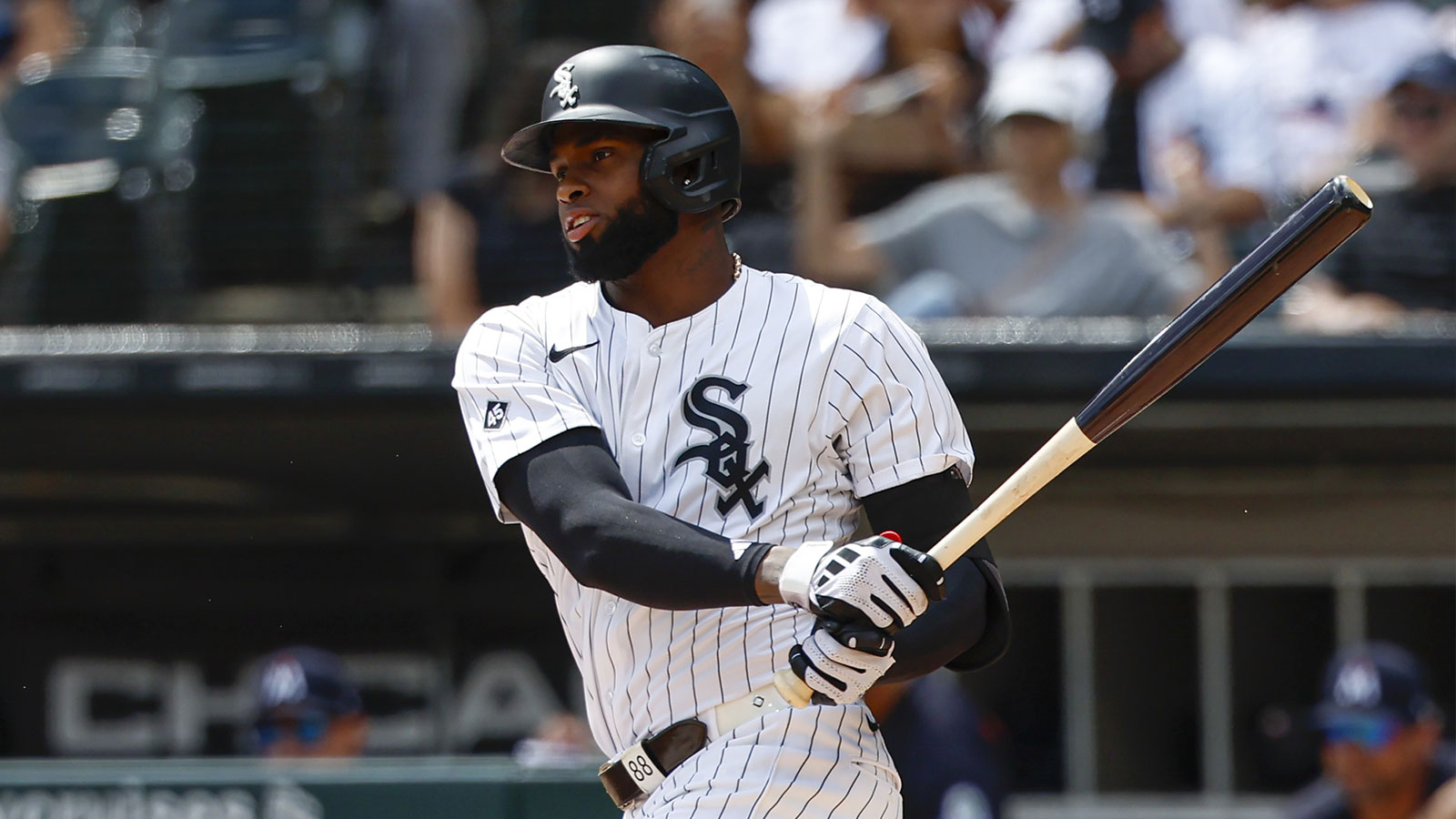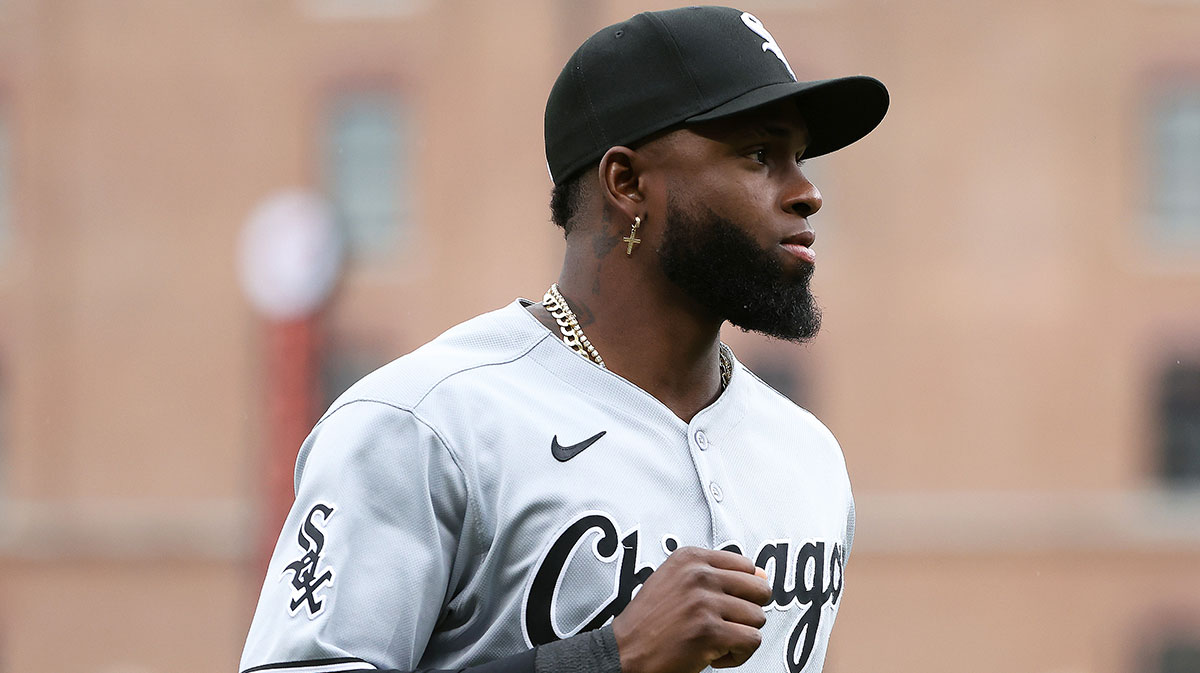The Chicago White Sox found themselves at a crossroads during the 2023 MLB trade deadline, facing the difficult decision of whether to trade their once star shortstop, Tim Anderson. Ultimately, they decided against that notion, keeping him for what will at least be the remainder of the season. But what will the White Sox future look like ahead, now that they decided against trying to make a valuable trade for him at the deadline?
What does the White Sox future look like?
The team's once-promising trajectory has taken a sharp downturn since their successful 2021 season, and rumors of a fire sale were swirling around the organization early on this season after the team could never gain any consistency. Despite the potential to enhance their pending rebuild by gathering tantalizing prospects in return for someone like Anderson, the White Sox instead could have made a grave mistake by not trading him.
Again, the White Sox's decline has been baffling since after their 2021 season, where they finished atop the AL Central with a 93-69 record. At that time, Anderson was a standout player in the league, an All-Star that season, hitting an impressive .309 with a 163 hits and 94 runs. However, subsequent seasons have seen that Anderson and the team's fortunes have taken a tumble.
The White Sox ended their 2022 season at .500 and are currently setting in fourth place in the AL Central with a dismal 43-65 record. Meanwhile, Anderson is having his worst statistical season since 2018.
With a squad that seemingly had all the right pieces in place just two years ago, the White Sox's inability to capitalize on their potential has been nothing short of disheartening to Chicago fans.
This season marked a turning point for the White Sox, when they seemingly waved their white flags in surrender earlier this week. They were one of the first team's to part ways with several key players at this year's deadline, that eventually included Lance Lynn, Lucas Giolito, Joe Kelly, Jake Burger, Reynaldo Lopez, and Keynan Middleton. Given this approach, it seemed appropriate that the team rid themselves of Anderson as well, due to if nothing else that he would be a free agent at season's end if he didn't accept his 2024 club option.
Tim Anderson's slumping season may have kept suitors away
While Anderson's performance during the season has not been up to his usual standards, hitting only .245 with one homer and 19 RBI's, his history of success and potential for a bounce-back season should have made him an attractive trade target. At 30 years old, Anderson still has some valuable years ahead of him, and his recent turnaround in performance after the All-Star break showed that he can still be an offensive weapon. Right before the end of the deadline, he was slashing .344/.403/.426 (21-for-67) with two doubles, six RBIs, and a .829 OPS. Several contending teams were in dire need of a reliable shortstop, like the Los Angeles Dodgers, who settled with Amed Rosario from the Cleveland Guardians instead. Was the asking price too high, or did the White Sox just not want to trade Anderson?
The decision not to trade Anderson reflects an organization that is reluctant to embrace a full rebuild. This seems like a shortsighted approach, however, even if they do reside in a easily winnable AL Central. By holding on to Anderson the White Sox may be prolonging their mediocrity.
Even in a down year, trading Anderson could have yielded a somewhat significant return, potentially infusing the team with top prospects and promising young talent. These assets could have bolstered the White Sox's farm system, paving the way for a more sustainable long-term strategy. Building from within has been a successful approach for many successful franchises, and the White Sox could have taken a cue from teams like the Tampa Bay Rays or the Los Angeles Dodgers, or now even the Arizona Diamondbacks and Cincinnati Reds, who have utilized their strong farm systems to achieve current success.
What are the White Sox in 2024?
“You don't shake things up just to shake things up,” White Sox general manager Rick Hahn told NBC Sports Chicago's Ryan Taylor. “We still have many impactful talents in Chicago. We still play in a division where no one has really run away and hid in. Certainly competing for the postseason is viable in 2024.”
While it is true that the AL Central is an open division, the reality is that the White Sox probably should have shaken things up. While winning their division is undoubtedly a goal, Chicago still needs a team that can make it through an entire postseason eventually. Do they have that currently? At least by trading Anderson they could have had that in the future.




















